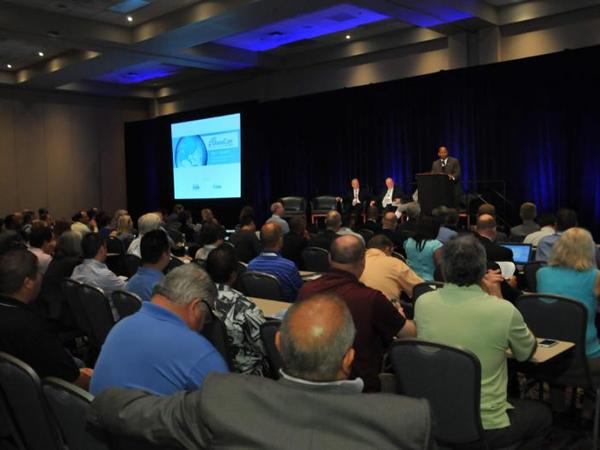
Date: 23 October 2017
GLASSCON GLOBAL RETURNS IN 2018!
Back by popular demand, GlassCon Global is coming to Chicago in September 2018. Leaders in the architectural glass and glazing industry from across the globe will converge on Chicago to share ideas and new technologies with industry professionals and experts from all aspects of the industry.
Presentations aim to influence and inform architects, engineers, specifiers, owners, developers, and other leaders while further strengthening the industry's global ties.
YOUNG RESEARCHERS
The glass industry's future rests in the hands of today's young researchers, and GlassCon Global is committed to advancing those researchers. To support this commitment, GlassCon Global offers financial support for Young Researchers.
To qualify for this support, an individual's paper must be selected by the GlassCon Global Scientific Committee as a "Top Paper," and individuals must either be: a current student who will be enrolled in classes in 2016, a student currently enrolled in a Master's or PhD program, or a recently graduated student who completed his or her Master's or PhD program within the past three years.
SEND ABSTRACTS BY NOVEMBER 30, 2017
Please consider submitting. If accepted, the paper will be due Friday, September 15. Papers will be blind peer reviewed for consideration for presentation. The abstract should be about 300 words. Please submit the abstract as a Word file using the naming convention: lastname-firstname.docx. The name could be the name of the corresponding author.
An example abstract is shown at the end of this email. Most topics about architectural glass and the glazing industry are encouraged, e.g. performance, materials, case studies, structural considerations, sustainability, construction, innovative techniques, practice, codes & standards, digital processes, fabrication, testing, future trends, coatings, joint materials and systems, thermal performance, smart systems, material characteristics, education, etc.
Don't miss your opportunity to present your research and ideas to some of the most influential individuals in the architectural glass and glazing industry. Send your abstract to: dnoble@usc.edu . Please put “GlassConn abstract” in the subject line.
PAPER REVIEW STANDARDS
- If your abstract is accepted, you will be allowed to submit a paper for further detailed review.
- Papers are to comply to the GlassCon Global 2018 Paper Template, which will be supplied later;
- Scientific Committee members will confirm the author has used the template;
- The author(s) need to meet and not exceed the eight (8) page maximum limit;
- Comments from the reviewing Scientific Committee members will be provided to the authors anonymously;
- Lead authors will be emailed with all comments and necessary corrections to apply to their papers;
- This is a technical conference and all information provided should be non-biased;
- Authors should not promote a brand name, product or company;
- An opportunity will be afforded to authors for advertising at the beginning and end only of the oral presentations;
- Scientific Committee members will be honest and forthright with reviews; and
- Papers have been submitted to a minimum of three (3) Scientific Committee member reviews.
ABOUT GLASSCON GLOBAL
GlassCon Global is a technical conference that brings together global innovations in glass technology to further the development of the glass and glazing industry.
GlassCon Global began with its inaugural conference in July 2014, and followed that success with its second conference in Boston in July 2016. GlassCon Global has been hailed as a gamechanging event that provides excellent educational and networking opportunities.
To read the summary of the 2016 event, go to: http://www.glassconglobal.com/agenda. GlassCon Global is organized by FCA International.
INSTRUCTIONS FOR ABSTRACTS
- The abstract is a small version (300 words) of the entire paper.
- The abstract must cover the entire paper: overview, methodology, results, and conclusion.
- The reader should understand all the important parts of the paper after reading the abstract.
- The abstracts gives away the whole story. There are no surprises. Summarize what happened in a sentence or two.
- Do not put your name or company name in the text of the abstract. The reviewers should not see your name. This is called a "blind" review.
- Do not put images in the abstract. You can have images in the full paper.
- Do not use phrases like "“this paper,” “this study,” “my research,” "this project," etc. Just write what the project is about.
- Please don't use words like "we," "our," "me," "my," etc.
- The abstract is not the same as the introduction to the paper. The introduction is a longer description of what you did and why. The abstract describes the entire paper (in 300 words): overview, methodology, results, and conclusion with an very strong emphasis on what you did and how it is innovative.
SAMPLE ABSTRACT
Designing Safer Glass Railings with Laminated Glass
ABSTRACT
Laminated glass has been used in a variety of applications for its post-glass breakage retention properties. While monolithic tempered glass has a long history of use in the glass railing market, a recent International Building Code requirement now favors the use of heat strengthened or tempered laminated glass over monolithic tempered glass.
The shift in requirements is examined, as well as the trend towards designing glass railing systems that are minimally supported and, in some cases, installed without a top cap to provide structural support.
Requirements are presented for exterior glass railing systems in wind-borne debris areas that not only offer missile impact resistance, but are designed to stay in place after impact. Further consideration will be given to three types of laminated glass interlayers: flexible PVB, stiff PVB, and stiff ionoplast.
Each of these interlayers has different elastic properties that have to be taken into consideration in the design of the laminate. Testing shows that all of these glass interlayers can retain glass shards. However, only stiff interlayers lower the risk of non-retention of the glass panel after breakage.
 600450
600450

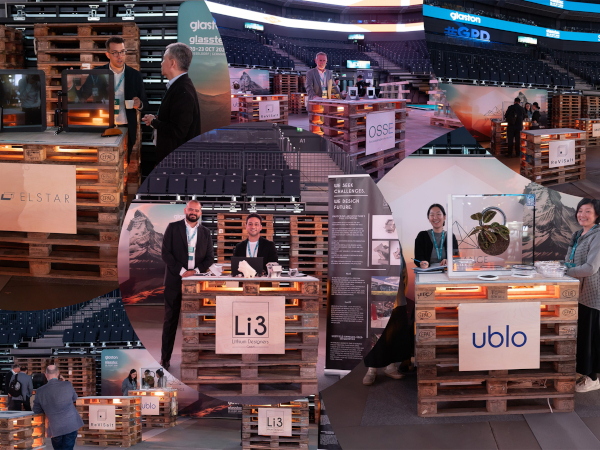
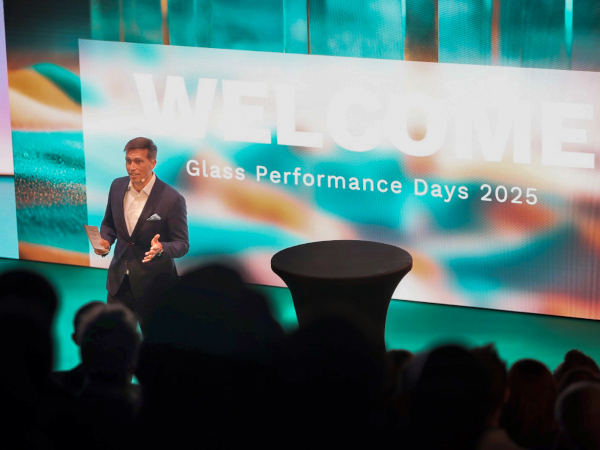
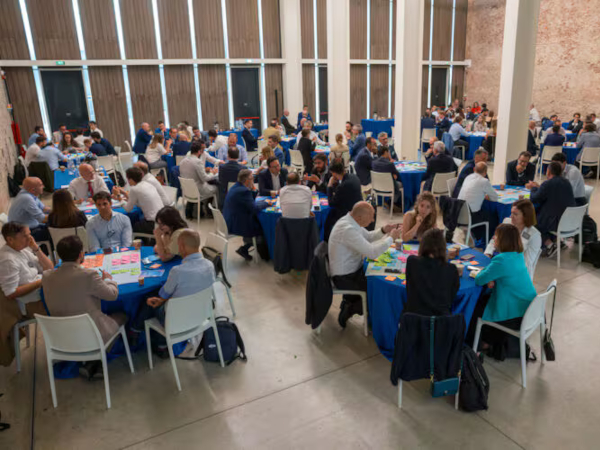
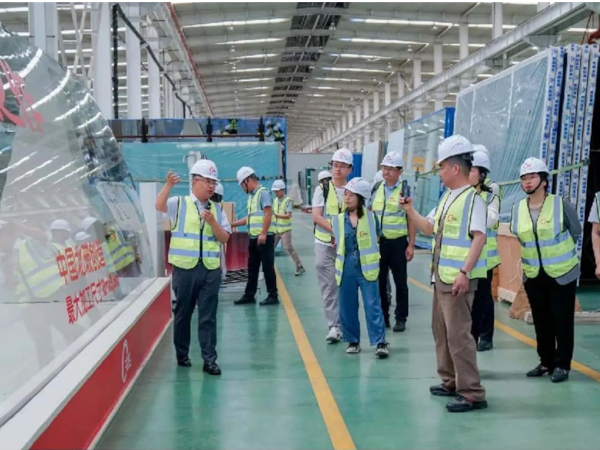
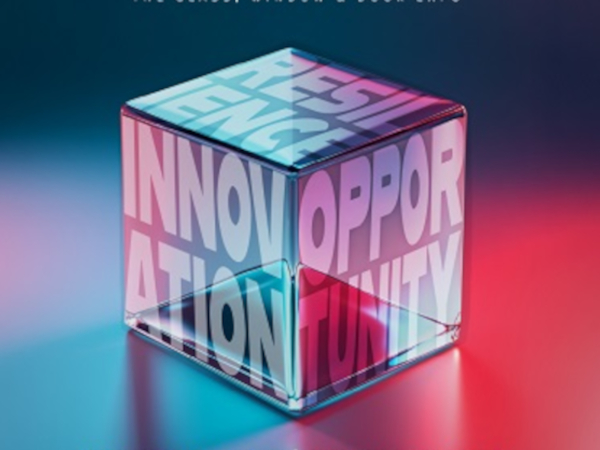
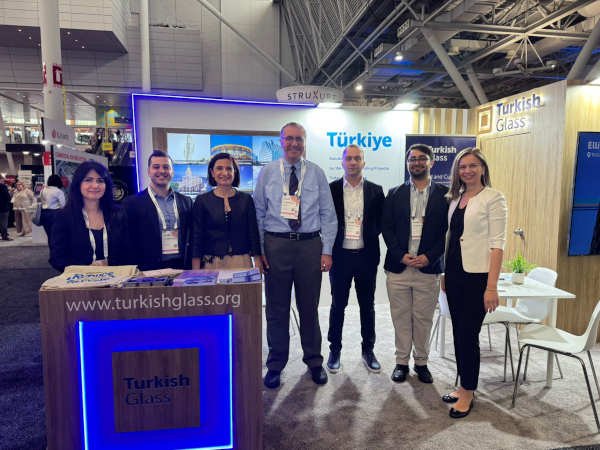


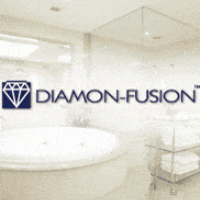
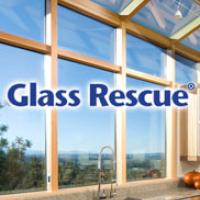
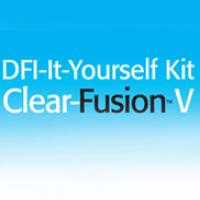
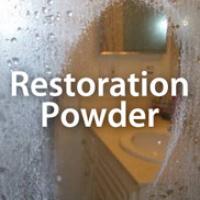
Add new comment